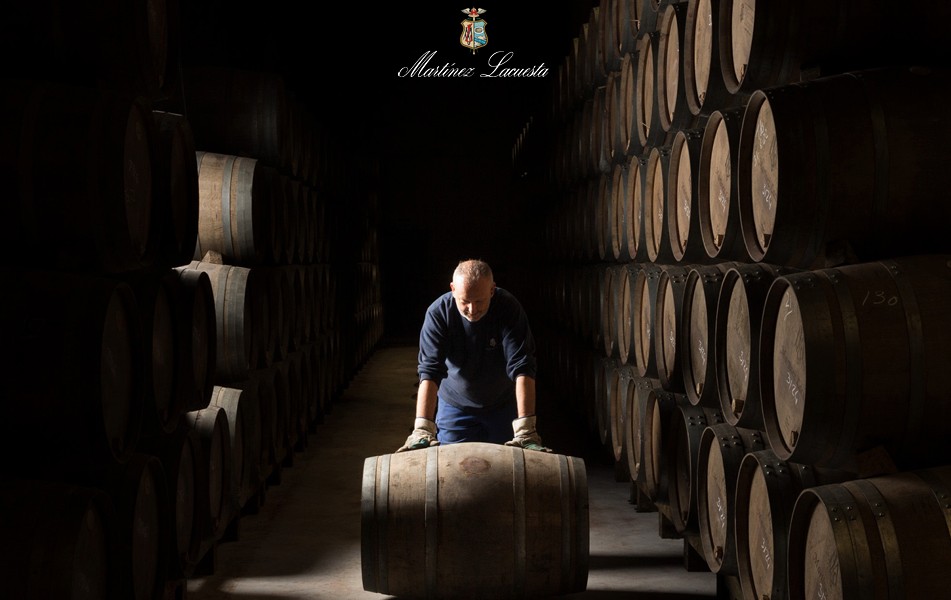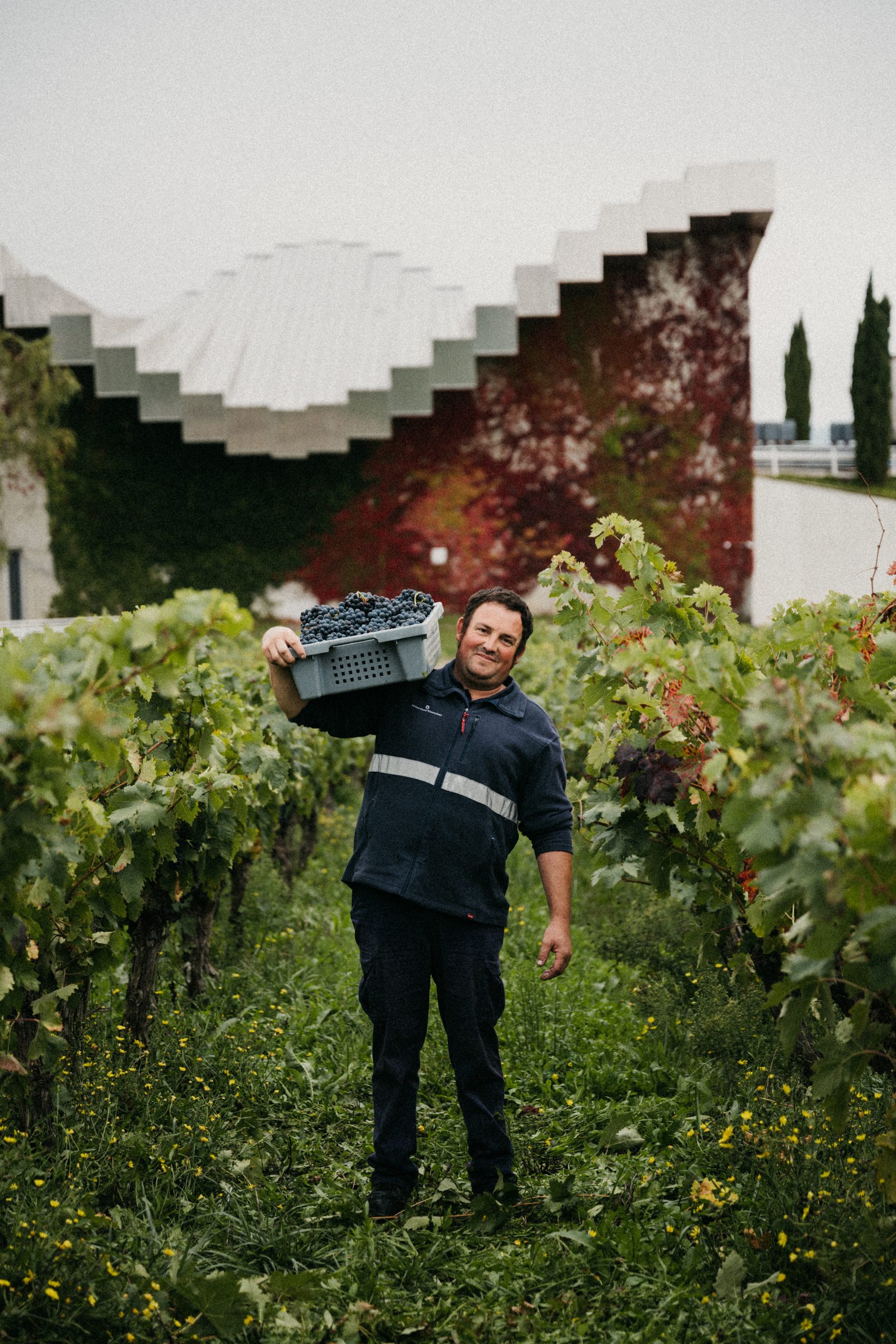Argentina beats rest of world for water access, says leading producer
With water becoming an increasingly precious commodity in winemaking regions, Estela Perinetti tells Sarah Neish why the distribution of H2O in Argentina is “untouchable”.

While countries such as Spain battle with water availability, and are pleading with their government to take drastic measures to help relieve drought, one South-American country seems to have the answer.
The system by which agriculturists in Argentina are able to access H2O for irrigation, is so (ahem) water-tight that “even the president cannot decide to over-rule it,” Estela Perinetti tells the drinks business.
Calling the water distribution system in Argentina “very fair and independent” Perinetti champions the country’s approach, which allocates the same amount of water to farmers whether they are growing wine grapes or table fruit. “It doesn’t depend on what you’re growing, it’s the same for everyone,” she says.
However, that’s not to say that there isn’t still room for improvement, with Perinetti believing that offering more loans at a low-interest rate could help producers with the cost of installing drip (rather than flood/surface) irrigation equipment. People should be helped if they “want to invest in saving water”, she asserts.
Building more co-operative reservoirs could also be a further step to help keep Argentina on the right track, Perinetti says.
“Currently, there are a few common reservoirs that can be shared by multiple producers but there needs to be more.”
Natural assets
Argentina’s good fortune with water has as much to do with its mountainous topography as it does with its man-made water distribution channels, and laws.
Perinetti, whose Las Estelas wines are distributed in the UK via Ucopia Wines, says that 2023 was a particularly good year for Argentine producers in terms of water supply due to “huge snow volume”, which led to a “very good recovery of water” and several lakes reaching record water levels.
What happens in 2024 will depend on how much snow the country receives between now and September as “our bank of water is snow-dependent,” she adds.
“Last year, we harvested snow as late as November,” Perinetti tells db. Snow melt feeds through into creeks and rivers, which are then diverted via dams to different agricultural properties.
The current water distribution rules were established in Argentina at the end of the 19th Century, and Perinetti recognises that she is one of the “most privileged”, as she has permanent rights of water for her 9 acre (3.6ha) estate in the Uco Valley.
Partner Content
Each year, she pays the equivalent of around £1,000 for those water rights, but adds that producers pay “10 times more” than that sum if they do not have water channelled directly to their property, necessitating the use of a well, because “they have to pay for the energy to pump the water up from the well”.
Despite paying an annual sum for her own water rights, Perinetti explains: “It remains public water. If I did not use it, I could not sell it to my neighbour.”
Perinetti, one of Mendoza’s leading wine consultants, has been a trailblazing figure in Argentine wine for more than 20 years, having headed up several ventures for Catena Zapata, including being winemaker for Bodegas Caro. In 2019 she embarked on her own winemaking project Las Estelas, “six months before Covid hit” and just as Argentina was teetering on the precipice of an inflationary abyss.
Despite this run of bad luck, she was determined to prevail, conceding that “I probably wasn’t going to make a profit at the start.”
At the beginning, “I was making my own pump-overs!” she says.
The first vintages of Las Estelas were made while Perinetti was still working for Catena, but now she has hit her stride and anticipation is high for the 2024 harvest.
Describing 2024 as “a pretty particular year” for the Uco Valley, Perinetti compares the last 12 months to a rollercoaster, with the valley having been whipped by a dry wind which “made fruit set a bit weak”, followed by low temperatures which impacted yields, though not quality, especially for Chardonnay.
Come summertime, however, and the Uco Valley experienced “perfect, dream weather”, enabling Perinetti’s team to pick slowly and carefully.
She says that 2024 is a standout year for her Cabernet Sauvignon, calling it “ripe, elegant, and built, without being ‘too much’, and with good tannins.”
“The fruit was clean, perfect, with no disease.”
Perinetti is likely to be especially pleased by the expression of her Cabernet as despite Malbec being the grape that “put Argentina on the map”, she pinpoints it as one of the grape varieties that she gets least excited about. Calling Malbec “easy to grow and easy to produce”, she confesses: “I like challenging things. I like to make life difficult!”
Related news
Castel Group leadership coup escalates
For the twelfth day of Christmas...
Zuccardi Valle de Uco: textured, unique and revolutionary wines




